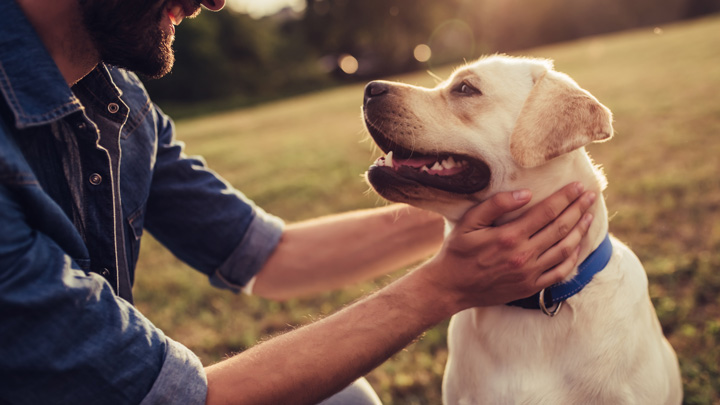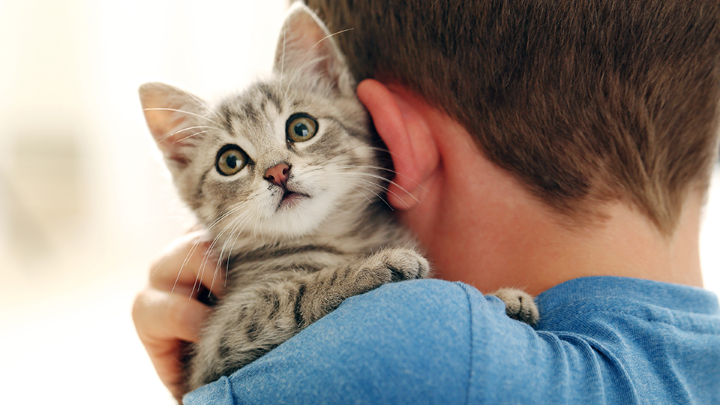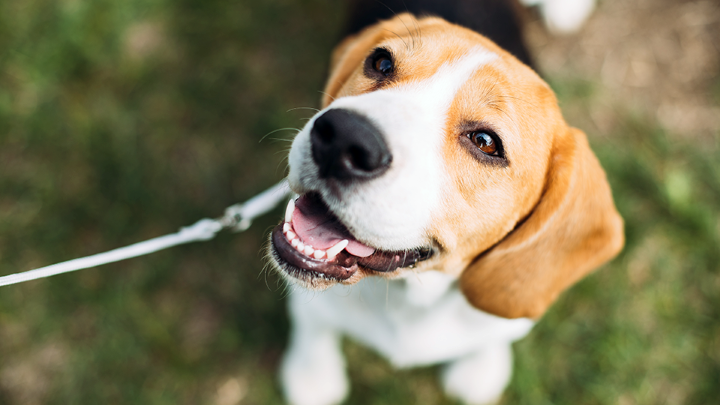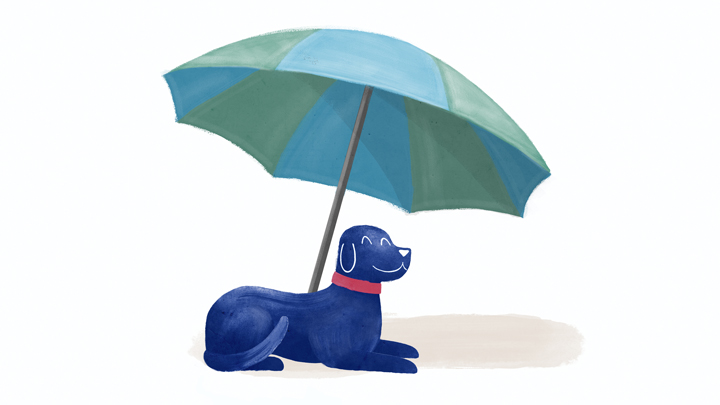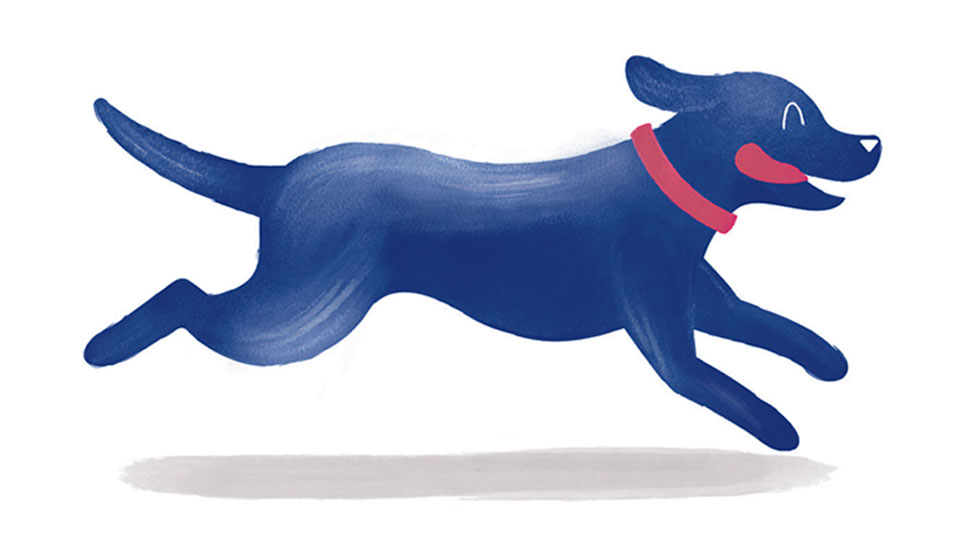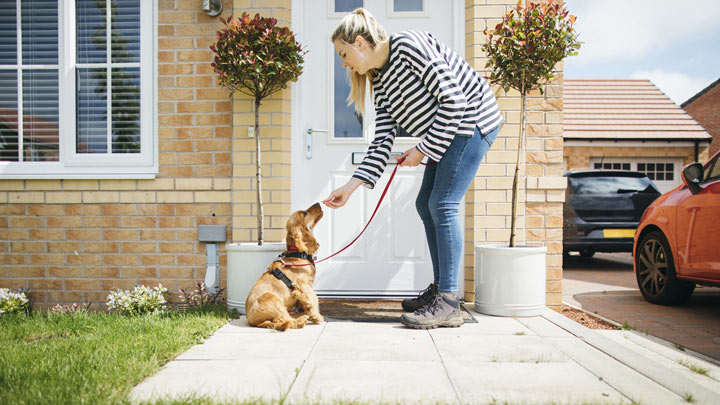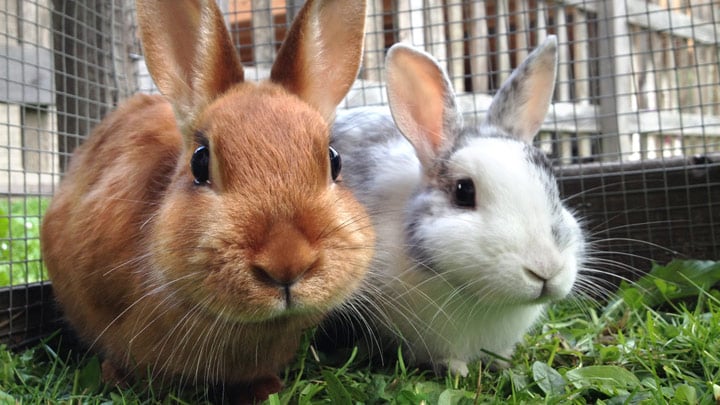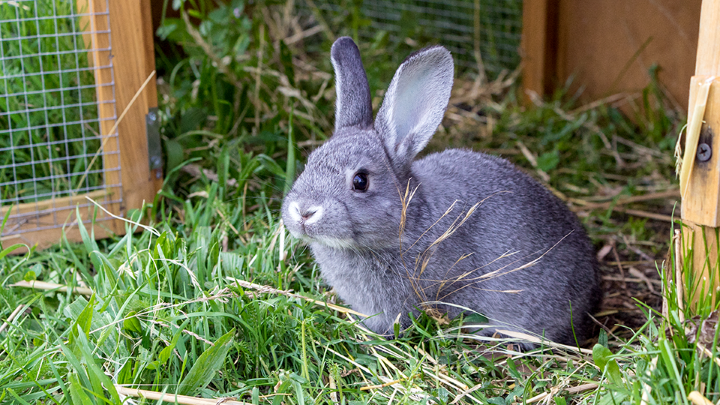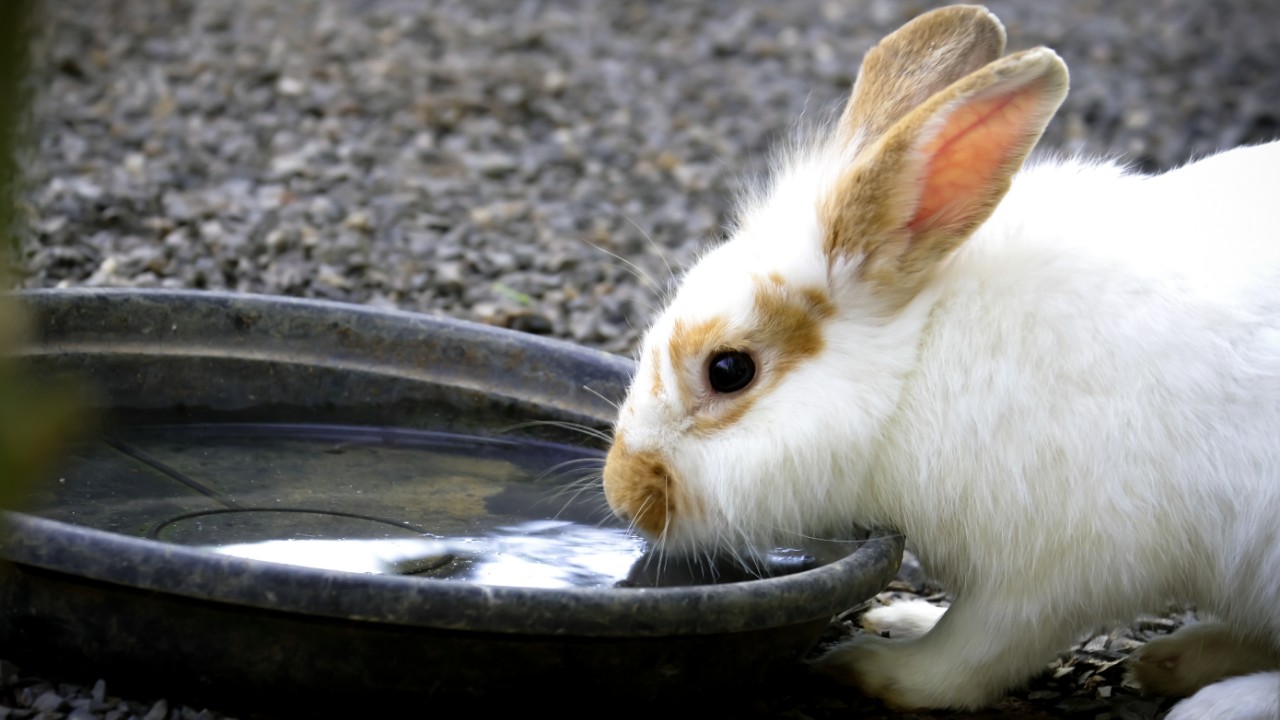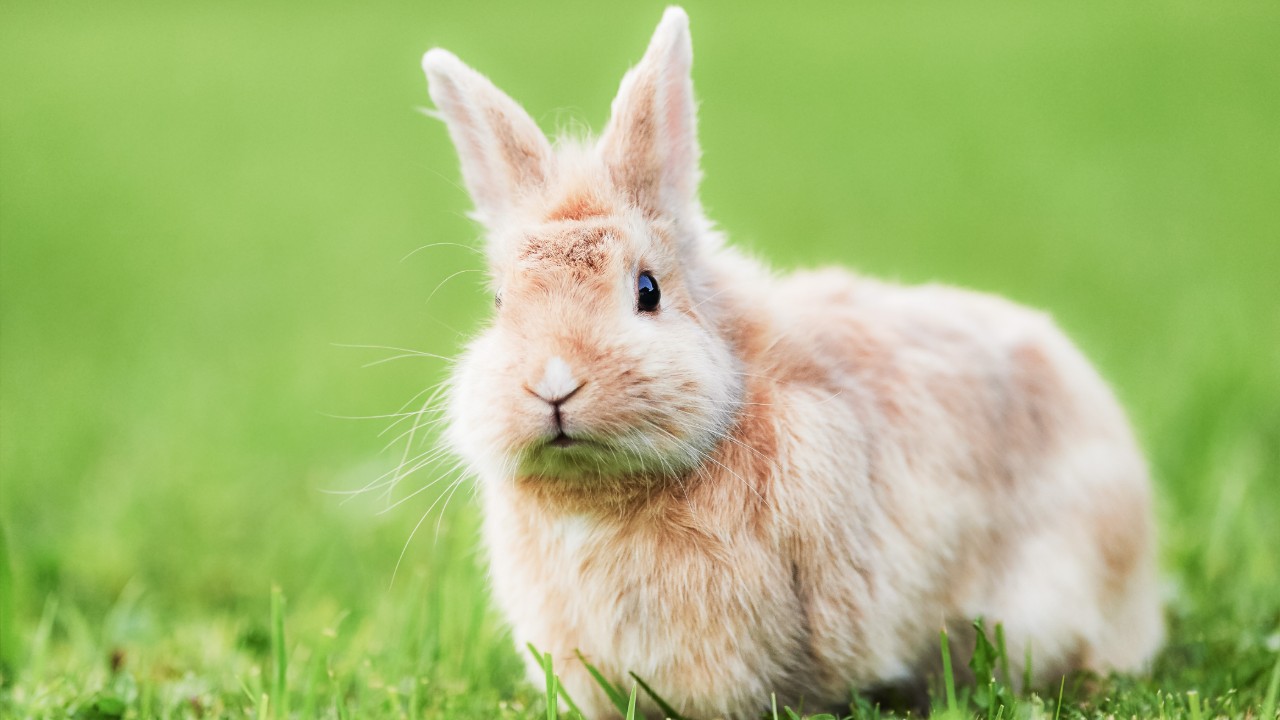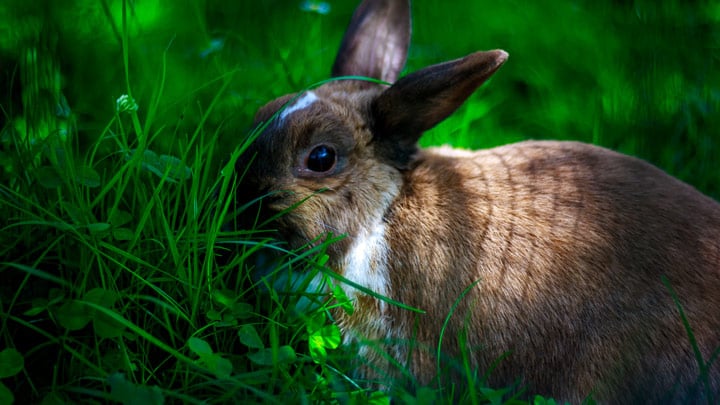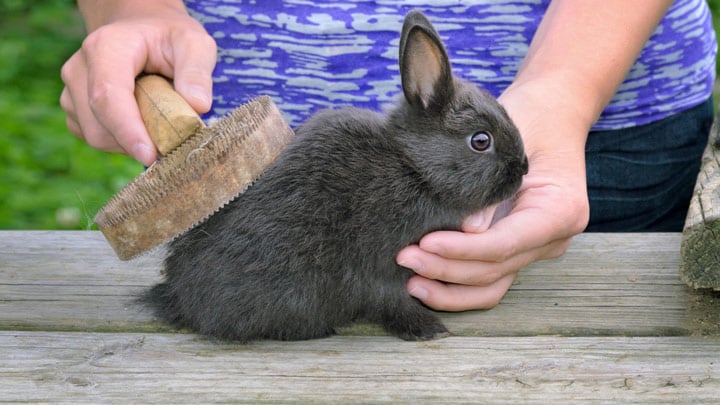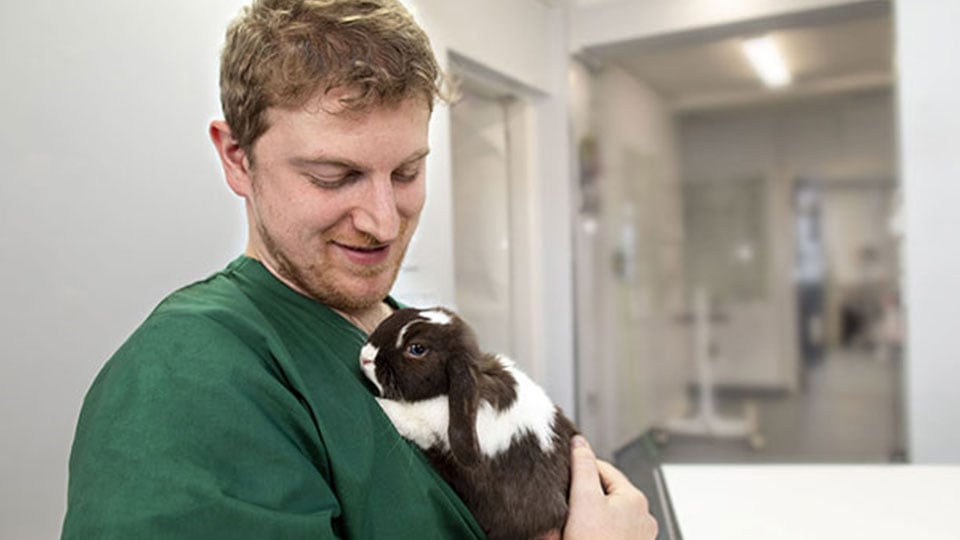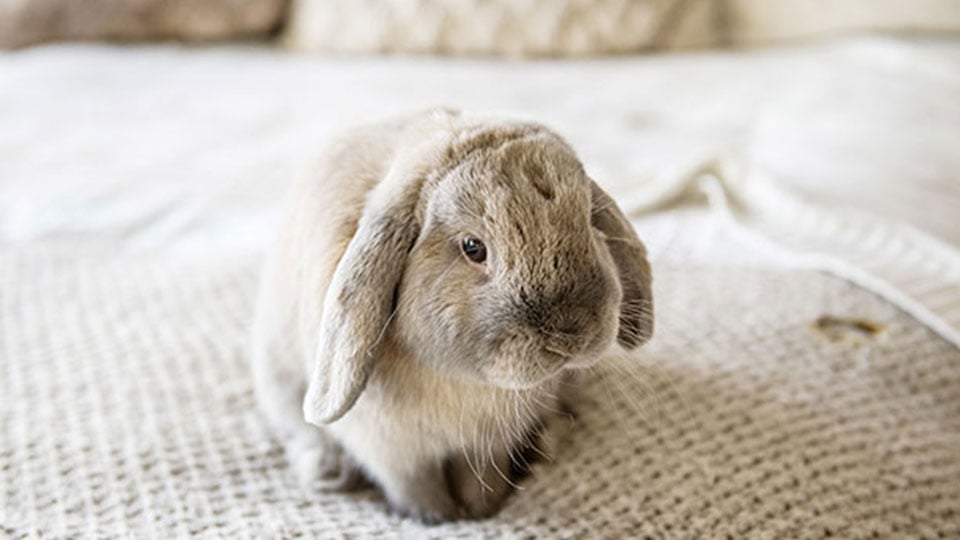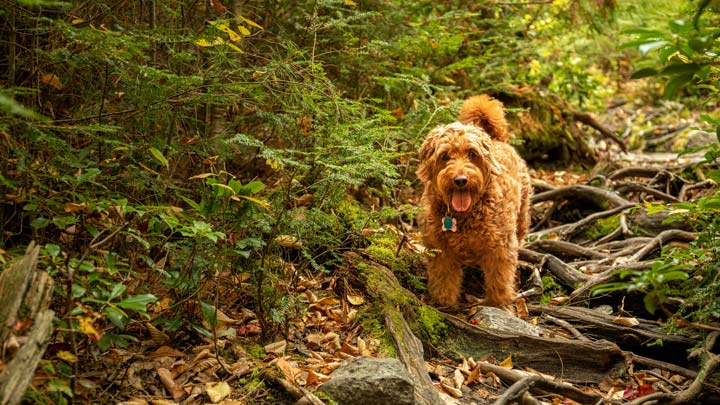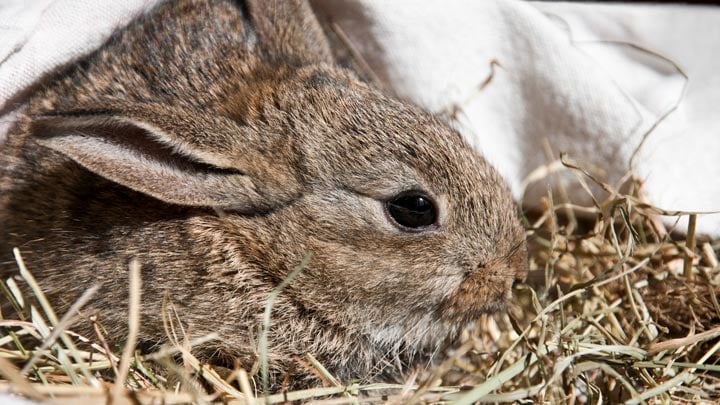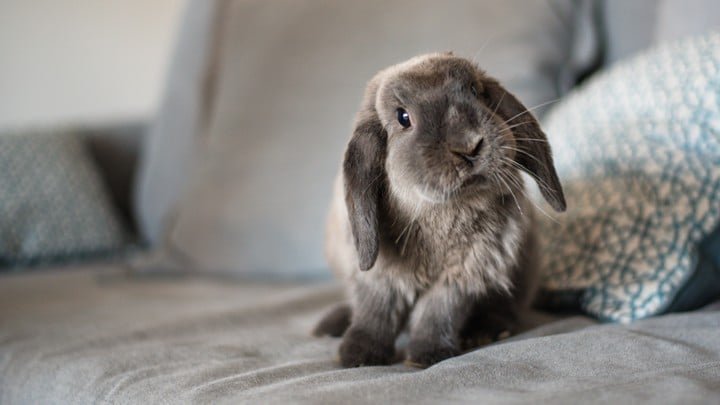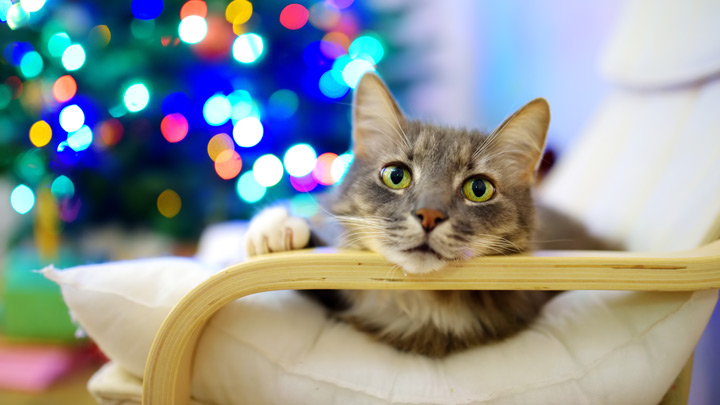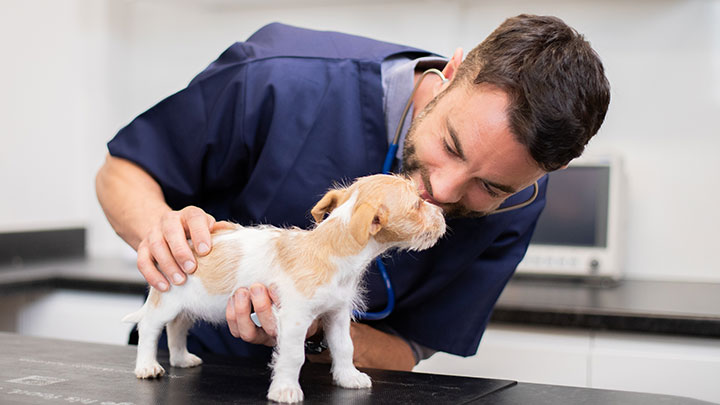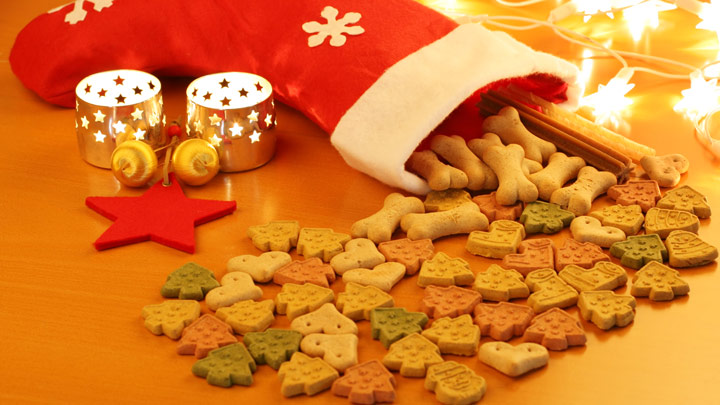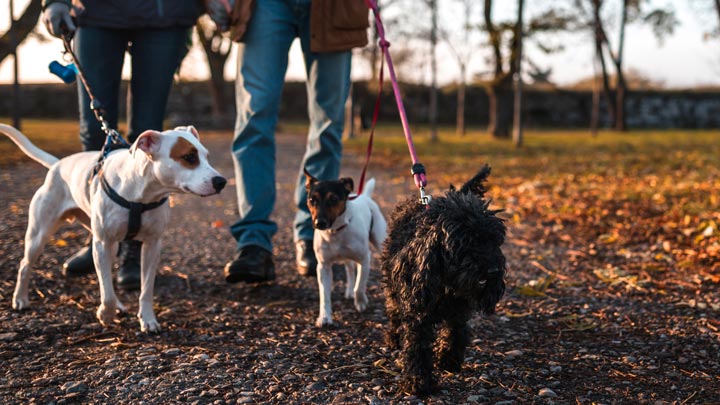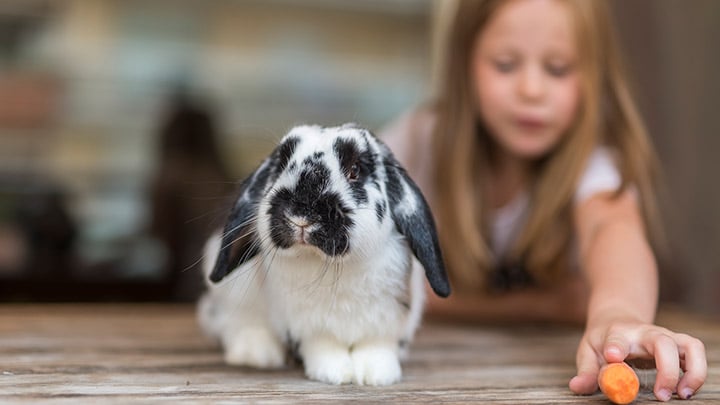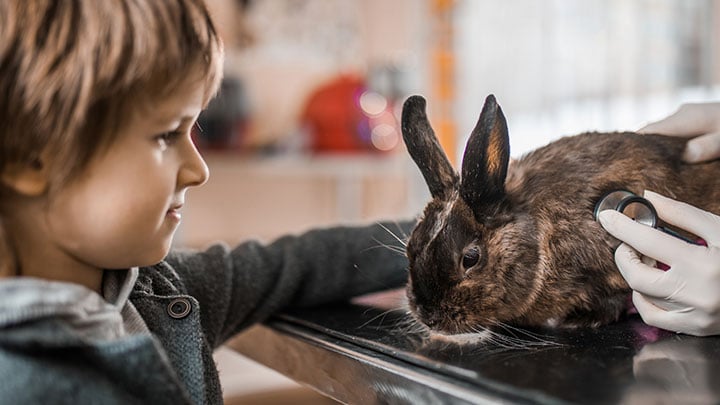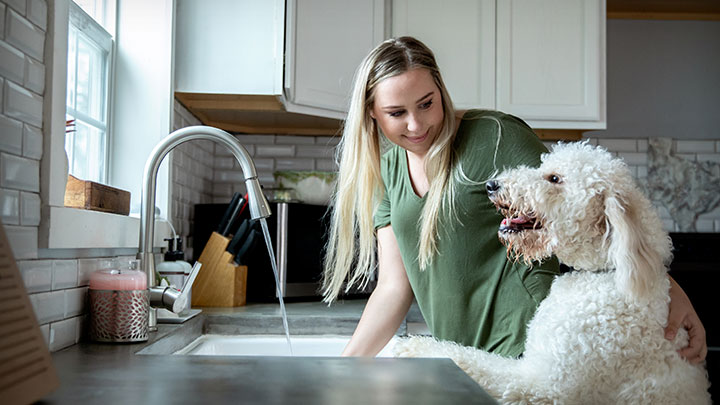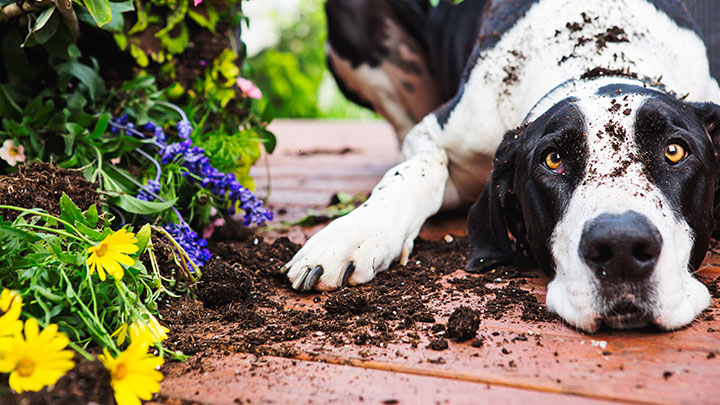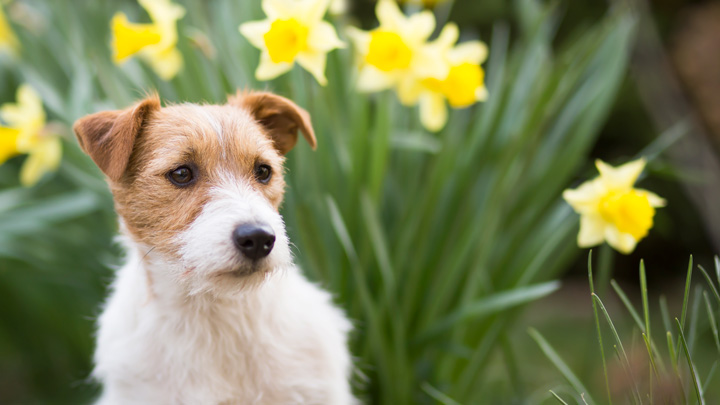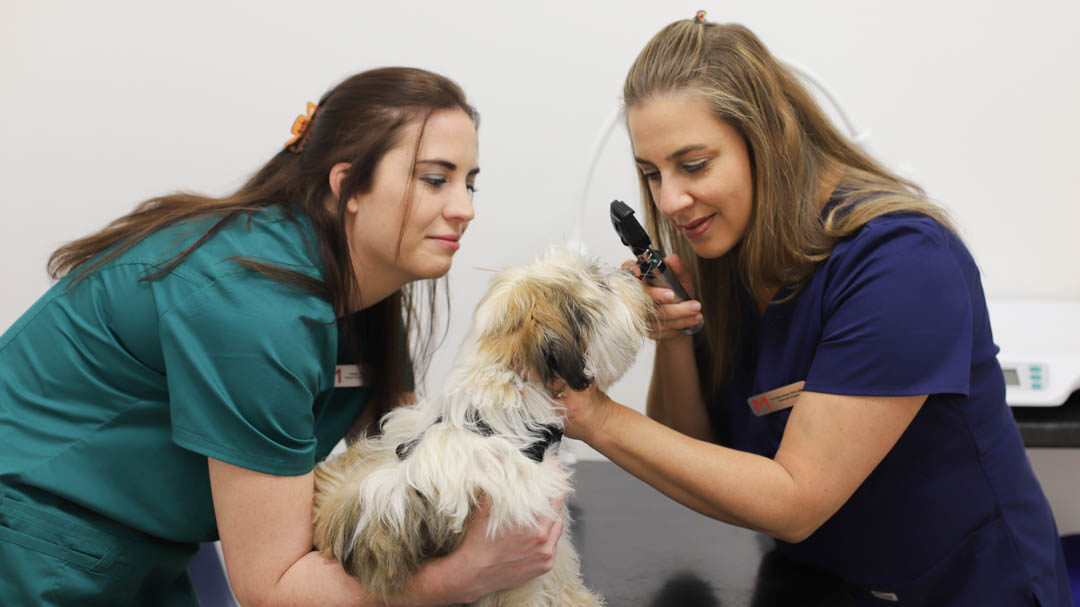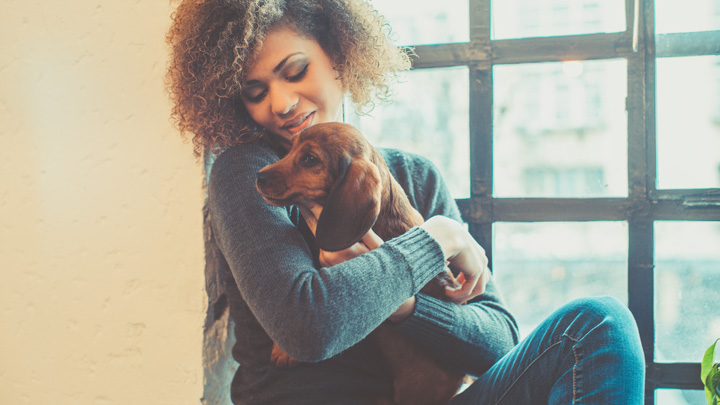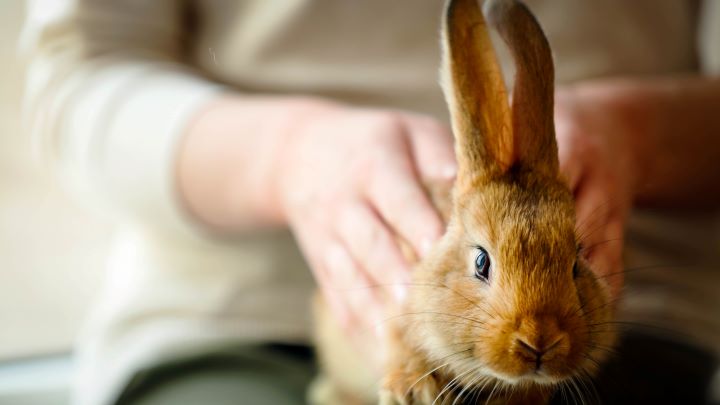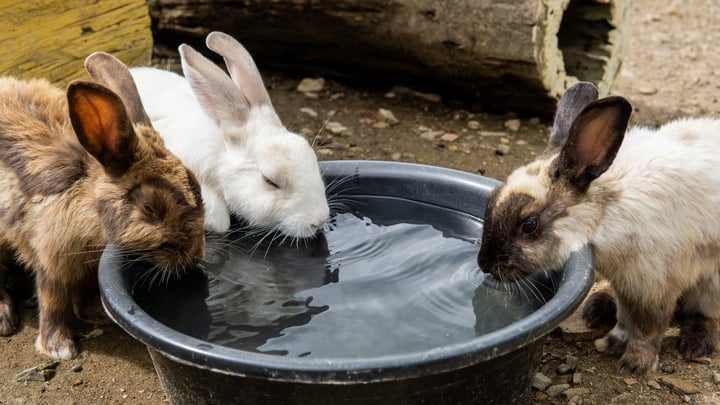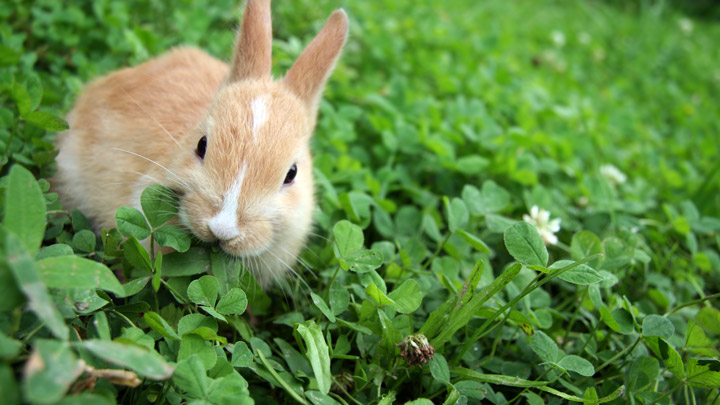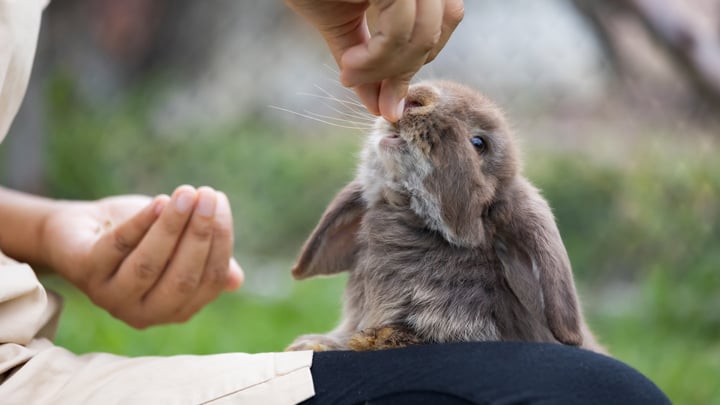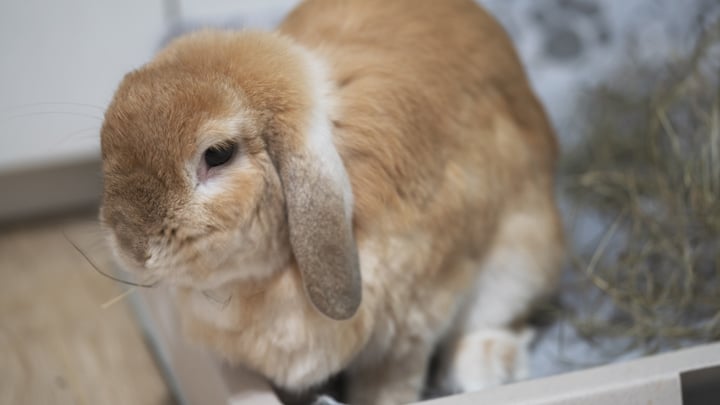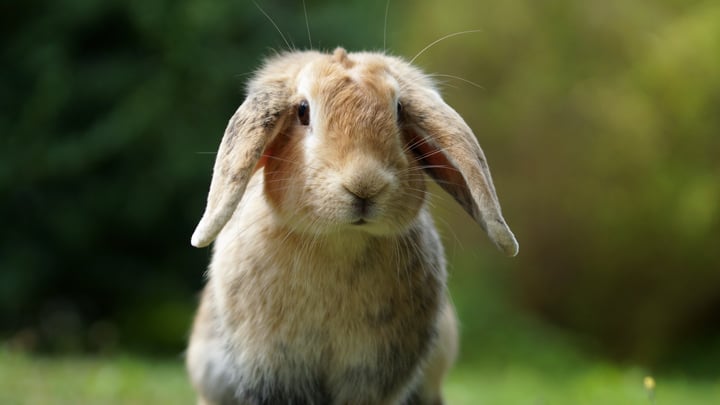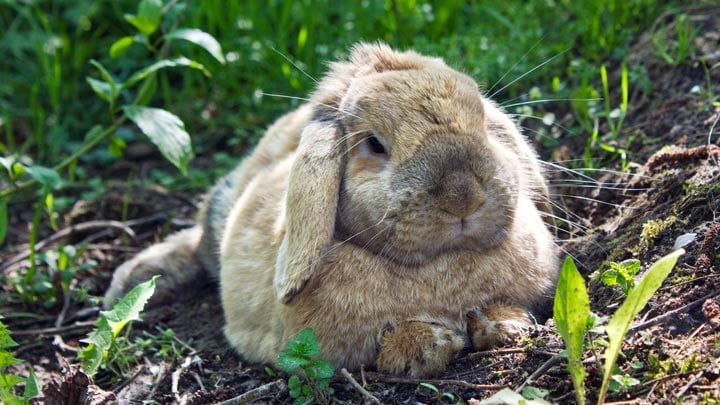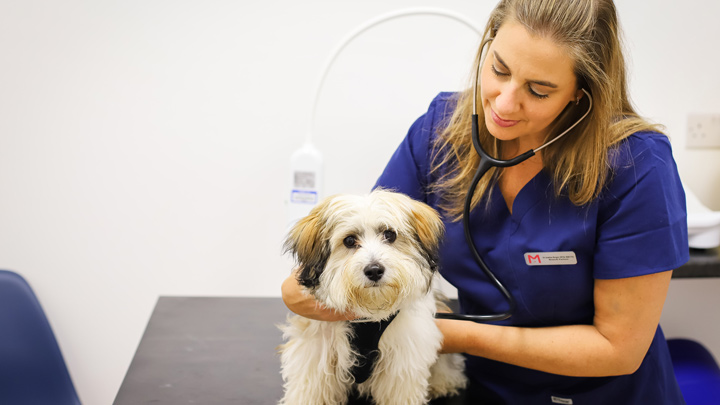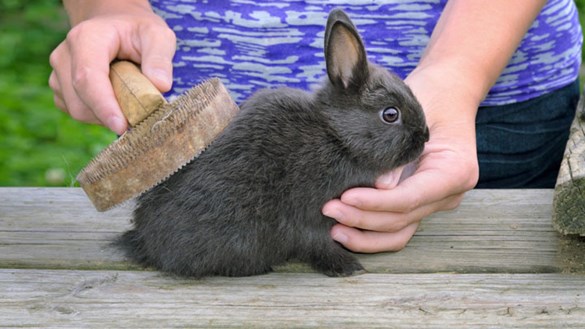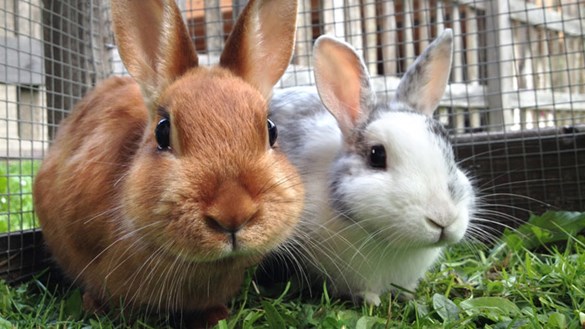Grooming Your Rabbit For Cold Weather
Rabbits need regular grooming throughout the cooler months. Learn how to adapt your current grooming routine and keep your rabbit healthy this winter.
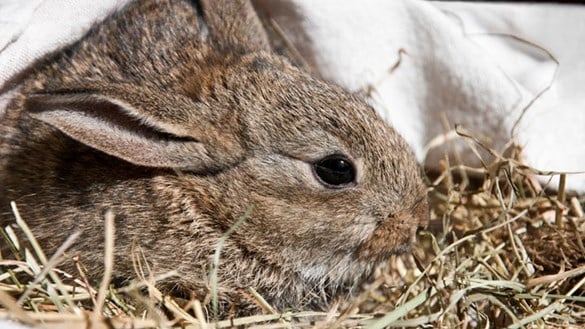
Rabbit care in winter
It’s a common misconception that rabbits don’t need regular grooming in cold weather. In fact, as the months start to get colder in the run-up to winter, it's important to adapt your rabbit’s grooming routine to keep them warm and comfortable.
Read on for our complete guide to cold weather grooming for your rabbit.
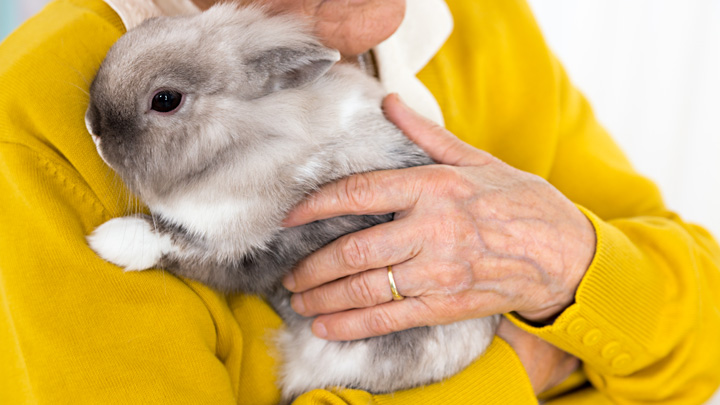
Should I brush my rabbit's coat in winter?
During autumn, your rabbit will shed its summer coat to allow for a thicker, warmer coat for the cold weather. While rabbits do a good job of grooming themselves, they need extra help to keep their thick coat in check and prevent matting.
Regular brushing two to three times a week with a suitable comb will help remove loose fur and prevent knots. Long-haired rabbits will need daily grooming to keep their coat in great condition. Start with a wide-toothed comb on small areas at a time to remove knots, then switch to a slicker brush to remove loose fur and dirt.
If you notice any matting, it’s important to deal with it right away before it gets worse. Take a look at our complete rabbit grooming guide for how to deal with mats without causing pain or discomfort. Your vet can also advise you on how best to tackle these.
Unlike cats, rabbits are unable to bring up hairballs, so grooming their own thick winter coat can cause them to swallow too much fur, resulting in gut issues. Regular grooming will help prevent this and gives you the opportunity to remove dead leaves or any other debris from their fur.
What to do if your rabbit gets wet
If your rabbit gets caught out in the rain, always dry them thoroughly with a towel; warm, damp fur creates a perfect breeding ground for bacteria and infection. Rabbits are also much more susceptible to pneumonia when their fur is wet in cold conditions. For more on caring for your pet rabbit, read our rabbit care guide.
If your pet gets particularly dirty, it’s best to spot-clean them, as baths can be extremely stressful for rabbits. Position them in a comfortable position on your lap, or ask someone else to hold them for you, and use a soft flannel soaked in lukewarm water to gently clean off the area. Once the dirt is wiped away, dry off the area with a towel and use a comb to fluff out the fur and help protect the skin. If your rabbit’s enclosure is dirty, you should clean it thoroughly before placing them back inside.
When grooming your rabbit, you should never lay your rabbit on their back, it’s really stressful for your rabbit and will send them into a trance-like state. It’s their response to being caught by a predator and they are playing dead to protect themselves.
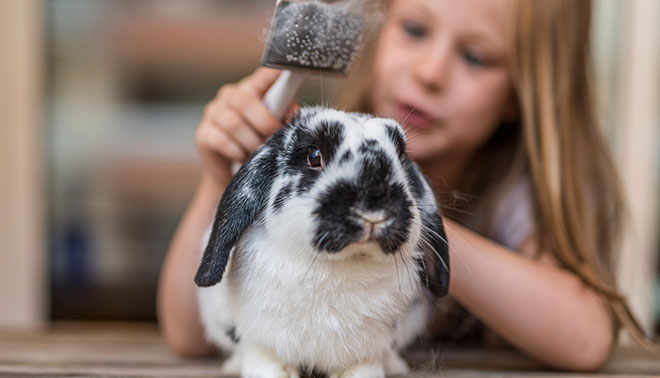
Caring for your rabbit's paws in winter
The UK sees plenty of rain, and as the weather gets wetter, your rabbit is more at risk of muddy paws. It’s important to regularly wipe off any excess dirt around their feet, making sure to get between their toes and under their nails.
Doing so regularly also gives you a chance to check for any bits of gravel or stone that may have become lodged between their toes which, if left unchecked, can cause severe pain and infection.
Rabbit nails never stop growing, so clipping them regularly with a specialist nail clipper helps keep them short and manageable. If you’re not sure how short to clip them, speak to your vet first.
Ears
Various objects can become lodged in your rabbit’s ear, so you should always check them during your regular grooming sessions. Healthy ears should be clean and be free of odour, without redness or discharge.
Rabbits’ ears are extremely delicate and easily damaged, so avoid trying to clean them yourself, and never put anything in them as this can cause distress. If you think your rabbit’s ears need cleaning, or you have any concerns, speak to your vet.
Joints
Unfortunately, arthritis often gets worse during cold weather, so it’s a good idea to check your rabbit for signs of joint trouble, particularly as they get older. If you notice their fur becomes unusually matted or scruffy, this may be a sign that they’re having trouble grooming themselves due to joint pain.
Look out for slowness and caution in their movements, or subtle limping which could also be signs of arthritis. If you suspect your rabbit may be suffering, speak to your vet for more advice.
The Medivet Healthcare Plan for rabbits is a great way to ensure that your rabbits receives a regular health check and gives you peace of mind that all of your rabbit’s essential care is covered. Regular health checks are invaluable in early identification of illness.
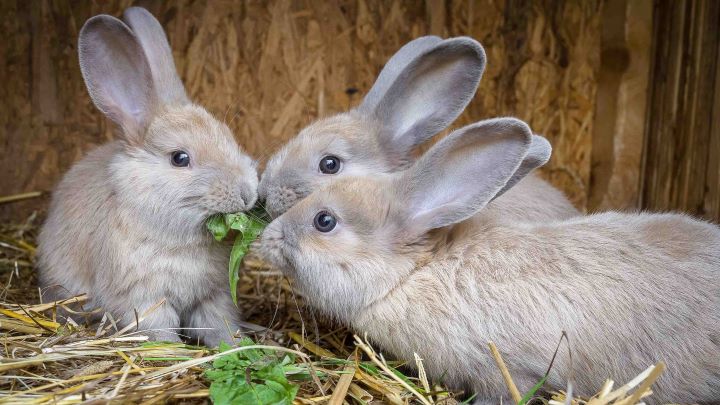
Find your local practice

Our Healthcare Plan For Your Rabbit
With the Medivet Healthcare Plan, you can save up to £170 each year and that’s without discounts that the plan offers on top.
Learn more


